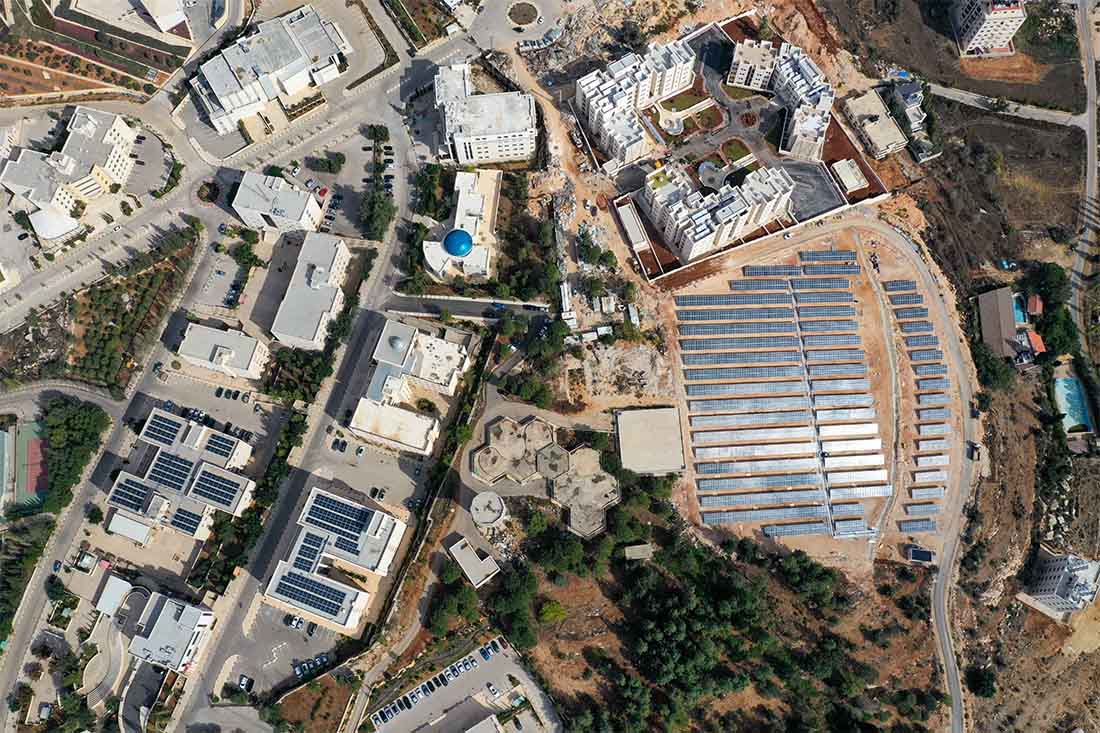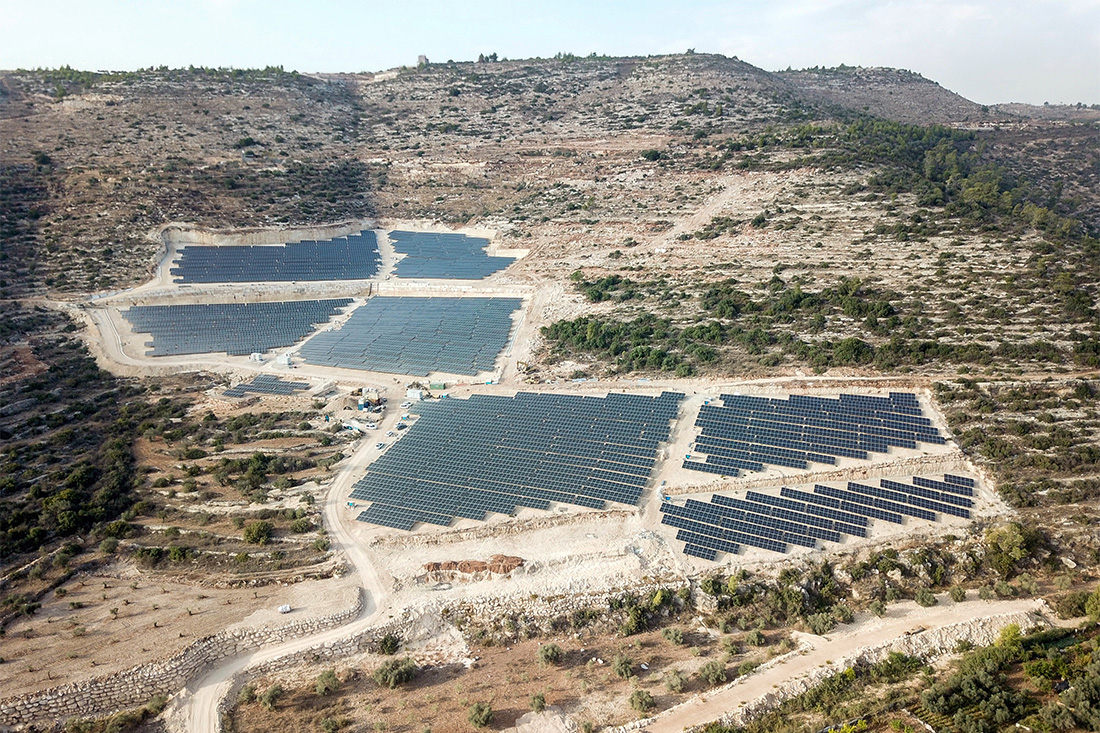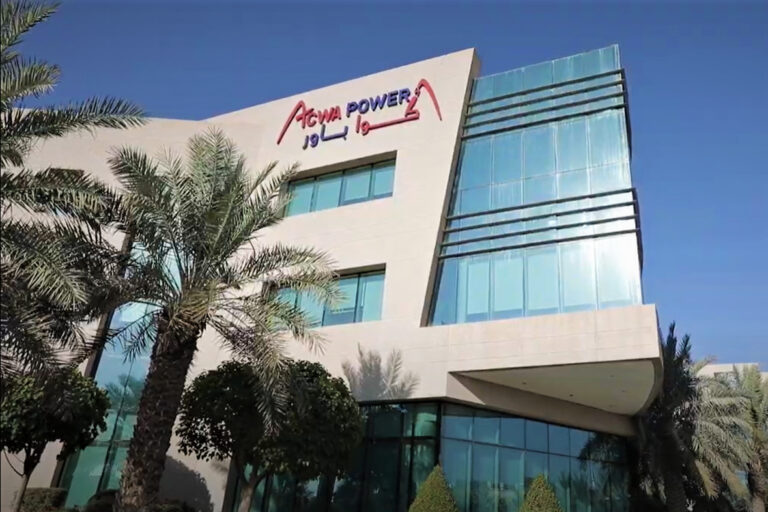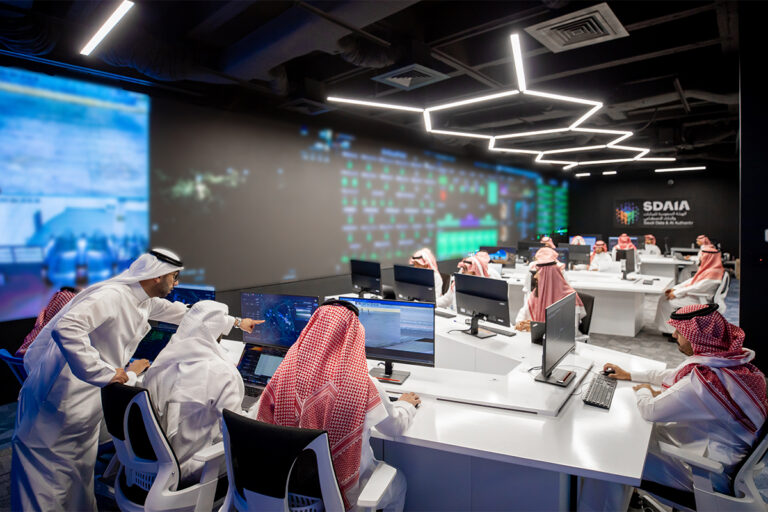
In a region facing both political and economic turbulence, Qudra is emerging as a beacon of hope for renewable energy in Palestine. Founded as a joint venture between the Bank of Palestine and the National Aluminum and Profiles Company (NAPCO), Qudra was born from a pressing need to address soaring electricity costs, a critical barrier for industries like aluminum manufacturing in the country. Under the leadership of Abdelrahman Hijawi, General Manager of Qudra, the company has taken bold strides in delivering sustainable, affordable electricity to Palestinian citizens and businesses, aiming to revolutionize the local energy landscape.
Qudra’s inception stemmed from a fundamental challenge: the high cost of electricity that hindered NAPCO’s competitiveness against cheaper imports. As Hijawi shared, “Energy is our second-largest cost after raw materials, and in Palestine, it poses a major challenge to manufacturing.” Recognizing the untapped potential of solar energy, Qudra was established to provide a solution—one that not only reduces energy costs but also builds a pathway for self-sufficiency in a region heavily reliant on electricity imports.
By adopting an asset lease model, Qudra offers an innovative approach to solar energy projects, allowing public and private sector clients to own high-quality solar assets without bearing the burden of upfront costs. The strategy is simple yet transformative: Qudra handles the financing, installation, and maintenance, and clients only pay for the electricity they save. “We’re so confident in our model that we collect payments only as we generate power, without adding any liabilities to the client,” Hijawi explained. This approach has been a game-changer for institutions like Birzeit University, which now benefits from reduced electricity bills and the eventual ownership of the solar assets.

Empowering Communities Through Solar
Qudra’s impact extends beyond individual clients. The company’s projects are transforming entire communities by providing access to affordable electricity. For example, the Deir Abu Mishal 8.25 MW solar plant, the largest on-grid utility-scale solar installation in Palestine, supplies electricity to four villages northwest of Ramallah, ensuring that residents benefit from sustainable and cost-effective energy. Similarly, the Jammala 7.5 MW solar plant has enhanced the region’s agricultural infrastructure by supporting water aquifers and expanding electrical infrastructure in surrounding villages.
Hijawi emphasizes that Qudra’s initiatives are more than just business ventures—they represent a commitment to uplifting Palestinian communities by addressing an unmet demand for electricity. “Per capita, we consume a third of what Jordanians use and far less than Europeans and Israelis, even though we share similar energy needs,” he noted. By expanding solar access, Qudra is helping bridge this energy gap, enabling communities to thrive and industries to grow.
Operating in Palestine presents unique challenges, particularly in securing financing and dealing with the political complexities that often disrupt the region’s economic stability. Despite these hurdles, Qudra has managed to invest over $20 million in solar projects, offering electricity at less than half the price of imported alternatives. This is a testament to the company’s resilience and commitment to renewable energy, even in the face of adversity. “The 500 MW target by 2030 is overdue—Palestine needed this capacity years ago,” Hijawi stressed, highlighting the urgency of scaling up renewable energy infrastructure.
“Qudra provides solutions to challenges, offering Palestinians a chance to save and manage their own energy needs.”
Abdelrahman Hijawi, general manager, Qudra
Looking beyond Palestine, Qudra has ambitions to expand into the Middle East market, with projects already underway in Saudi Arabia. This diversification underscores the company’s potential to become a regional leader in solar energy, driven by its unique model and unwavering focus on delivering affordable electricity to underserved communities.
Qudra’s journey is a powerful example of how renewable energy can catalyze change, even in the most challenging environments. By addressing critical issues like financing, engineering expertise, and access to land, Qudra is not only powering Palestine but also offering a blueprint for sustainable energy solutions in similar regions.
As Hijawi aptly put it, “Palestinians urgently need electricity, but they face significant bottlenecks. Qudra provides solutions to these challenges.” By staying true to its mission, Qudra is paving the way for a brighter, more sustainable future—one solar panel at a time.









